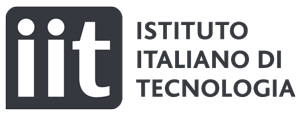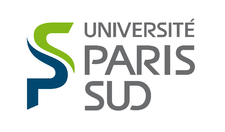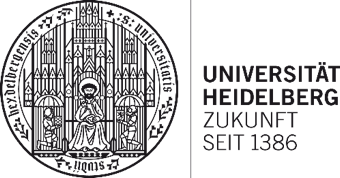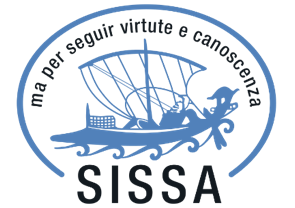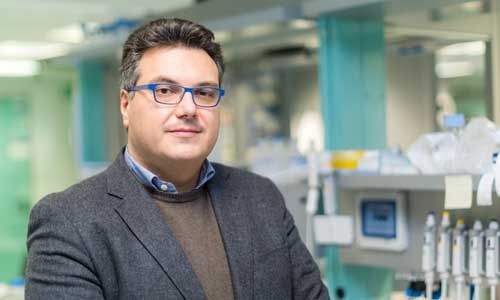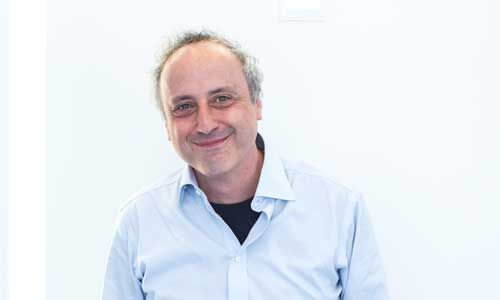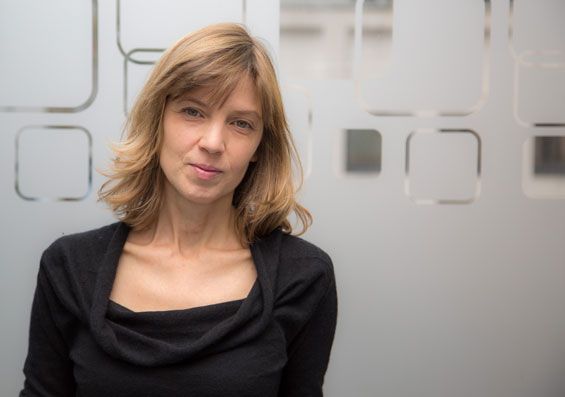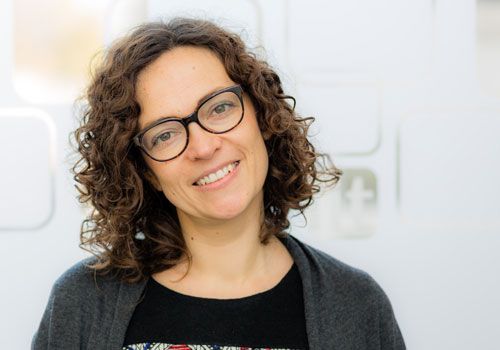UCL is the number one London university for Research Strength (REF2014), recognised for its academic excellence and global impact.UCL is one of the world’s leading multi-disciplinary universities, with more than 11,000 staff and 39,000 students from 150 different countries. Founded in 1826 in the heart of London, and became one of the two founding institutions of the University of London. UCL was the first university in England to welcome students of any religion and the first to welcome women on equal terms with men.
